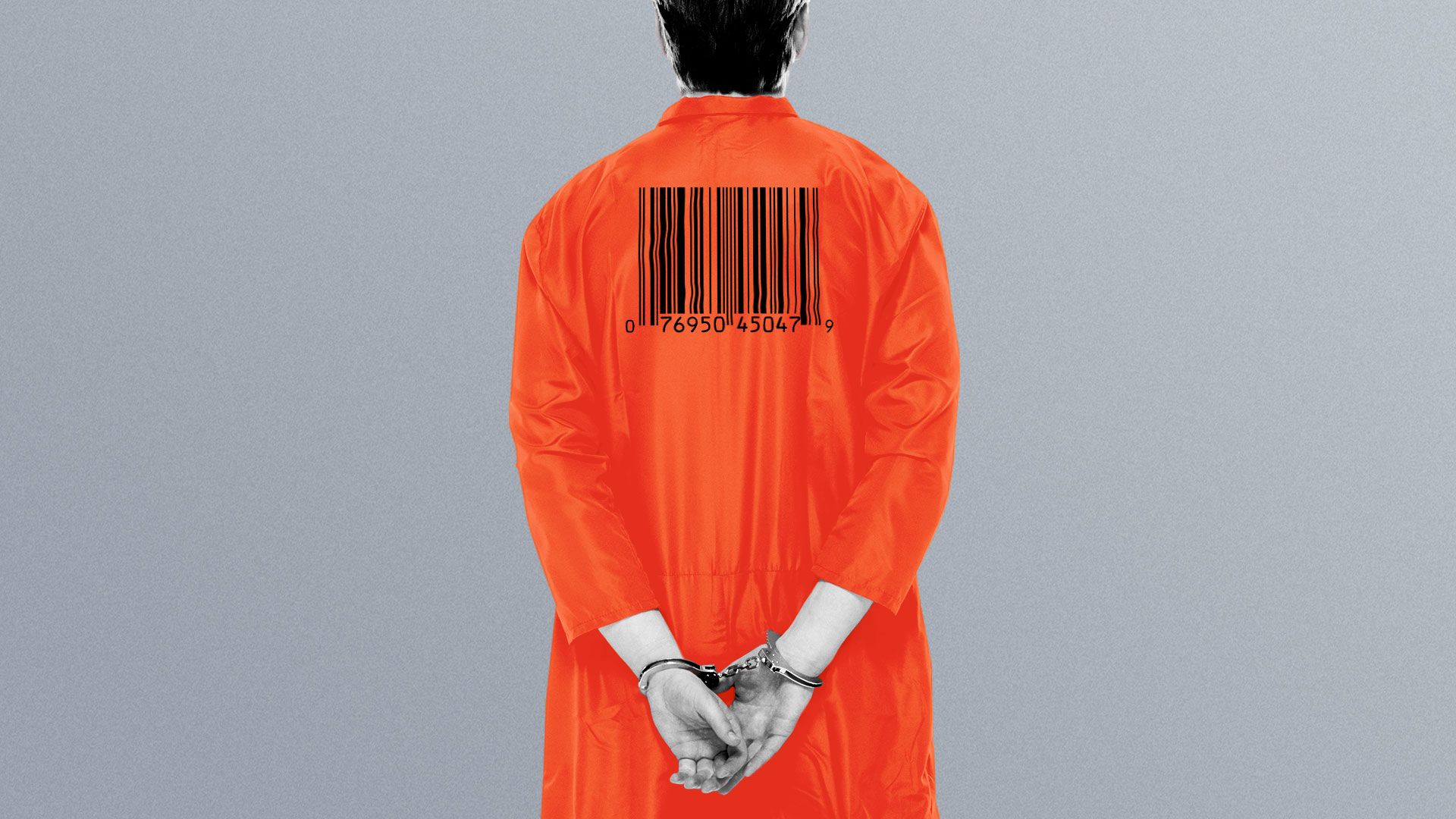| Profiting from prison |
 |
Illustration: Aïda Amer/Axios |
A handful of American businesses have their fingers in almost every aspect of prison life, raking in billions of dollars every year for products and services — often with little oversight, Stef and Dan write. The big picture: Taxpayers, incarcerated people and their families spend around $85 billion a year on public and private correction facilities, bail and prison services, according to the Prison Policy Initiative.
Here's how they make money: 📞 Phone calls About 80% of inmate calls go through Secarus and GTL, both owned by private equity and known for sometimes charging outrageous fees ($8.20 for the first minute, in one case cited in a lawsuit). 🚑 Medical services The largest private provider of medical services to prisons is believed to be Corizon Health, operating in 220 facilities in 17 states and owned by a New York City hedge fund.
🍔 Food services Two companies — Aramark and Trinity Services — provide meals in about 800 state and local facilities.
🚗 Transportation services Tennessee-based Prisoner Transportation Services is the largest provider of transportation for jails and prisons.
👕 Clothes, toiletries, etc. Incarcerated people and their families spend an estimated $1.6 billion every year on commissary items such as toiletries, clothes and games.
What's next: With bipartisan attention focused on fighting high recidivism rates, for-profit prison companies are expanding their businesses beyond prison walls.
|
Juan


No comments:
Post a Comment